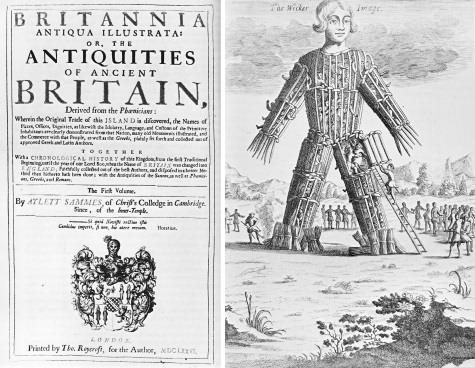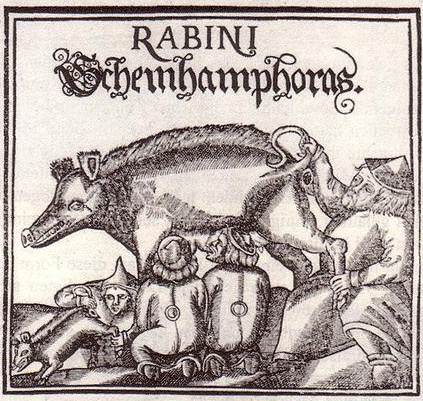Martin Luther in Life and Death, Part 4: The Devil in Luther's Dreams, Part 3
The Devil in Luther's Dreams, Part 3
This is our third presentation of what we have loosely titled The Devil of Martin Luther's Dreams, invoking the myth that Luther had thrown his inkwell at the devil literally, when indeed he threw his inkwell at the devil by spilling it out onto hundreds of pages of paper in his writings against both the Roman Church and the Jews. The purpose of these presentations is to describe the devil which Luther was railing against, a Roman Catholic Church fully infiltrated by humanists who scoffed at religion, except as a device by which to fleece the common people of Europe, and especially of Germany.
We have been discussing the humanists in the educational institutions and monasteries of Germany, and also of Italy, in the 15th and 16th centuries. There are some things taken for granted which we had presumed that people would understand. Among those, is that before the Reformation, for Christian Europeans there was no advanced education outside of the authority of the Roman Catholic Church. The universities and monasteries were the educational system, and they all operated somewhere within the Roman Church structure. Therefore humanists within the church were not really a force which was contrary to the Church itself, although many of them despised the papal authority, but rather if they continued to prevail they would change the entire Church theology to something other than Christianity, and if the Roman Catholic Church continued to dominate European government, religion and education, then the people would have no choice but to submit to the whims of the humanists. In the background was the Jew, playing an influential role in all of this while avoiding any of the blame.

 What follows below are all of the extant quotes from the Classics concerning the Druids which I [WRF] am aware of. Of course, there may be others. These are interspersed with some of my own notes. [
What follows below are all of the extant quotes from the Classics concerning the Druids which I [WRF] am aware of. Of course, there may be others. These are interspersed with some of my own notes. [





 Please click here for our mailing list sign-up page.
Please click here for our mailing list sign-up page.







